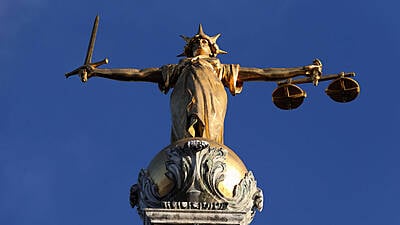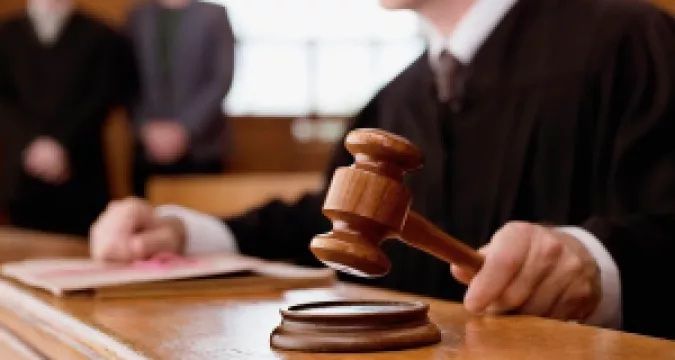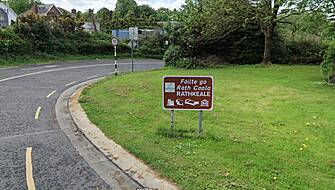A lawyer for a man accused of raping a woman in a hotel car park along with two other men has suggested to the jury the complainant had tried to bury a “misguided adventure” by saying she was raped.
It is the State's case that the woman went for a drive with her friend, the three defendants, and another man.
While the car was stopped in a hotel car park, each of the three accused raped the woman. The three defendants deny all wrongdoing.
The first defendant (22) has pleaded not guilty to rape and sexual assault. A second defendant (23) has pleaded not guilty to rape, oral rape and two counts of sexual assault.
The third defendant (23) has pleaded not guilty to rape and oral rape. The offences are alleged to have occurred on December 20th, 2017, at a hotel car park in the Leinster area.
In his closing speech on behalf of the third defendant on Thursday, Mark Nicholas SC urged the jury to approach their deliberations in a careful manner.
He told jurors that rape is a “terrible offence” and a “significant physical and psychological invasion”. However, it is also a “corrosive allegation” and “a stain that remains” for an accused, he said.
Mr Nicholas said the issue, in this case, is consent. He told the jury that his client admits there was sexual activity in the car, but he says it was consensual.
Mr Nicholas put it to the jury that the only evidence of a lack of consent comes from the complainant. Mr Nicholas said his client gave evidence that there was participation, and it would be “unfair to distill his evidence to a binary 'if she doesn’t scream, it’s not rape'”.
Counsel said his client gave evidence that “he knows no means no”. Mr Nicholas suggested inconsistencies in the complainant's evidence may affect her credibility as a witness.
He asked jurors to consider if there is an “evidential tension” between the complainant's evidence that it was “only a drive” and a “possibility of sex in the air, not the certainty of it”.
Referring to evidence given by a hotel security guard, Mr Nicholas suggested that the guard “spotted nothing sinister going on” and came back later only to check that the cars had gone.
Mr Nicholas asked the jury if the complainant's evidence that she didn't see the security van is plausible. “If you are in a situation [the complainant] described, I suggest you are on high alert. She doesn’t see it; is it plausible?” he asked.
He put it to the jury that there were opportunities for rescue that the complainant didn't take when the car stopped near the hotel reception and at petrol garages. He suggested this was because there was “nothing to be rescued from”.
He noted the complainant messaged a friend late that night and told her the lads were “lovely” and “gas”. He asked the jury how someone could write something “positive” if a “great traumatic event” had occurred.
Mr Nicholas put it to the jury to consider why the complainant didn't tell her parents about this “terrible” night when she got home. He suggested to the jury that there may have been “swift regret at a misguided adventure” on the complainant's part.
Mr Nicholas submitted that the complainant used her sister's phone to send a message to a friend who had told her about that night in order to “close it down nice and quick”. Mr Nicholas said. He suggested that the complainant had “lost control” of an attempt to “bury” a “misguided adventure” when her mother made her tell her what happened.

“If there’s been rape, there’s no reputational damage. There’s outrage on your behalf. It was supposed to be a bit of fun, a laugh, but it was nasty, ugly and unpleasant. She regretted it, but it wasn’t rape,” Mr Nicholas said.
The trial continues, and the jury are expected to begin deliberations on Friday.
If you have been affected by any of the issues raised in this article, you can call the national 24-hour Rape Crisis Helpline at 1800 77 8888, access text service and webchat options at drcc.ie/services/helpline/, or visit Rape Crisis Help.
In the case of an emergency, always dial 999/112.







